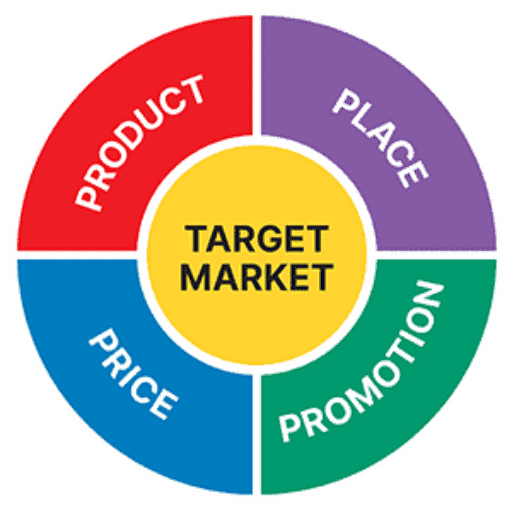Reebok’s Digital Strategy Change
Marketing Dive published an article based on an interview they did with Matt Blonder, Reebok’s global head of digital, talking about a major digital facelift…

Marketing Dive published an article based on an interview they did with Matt Blonder, Reebok’s global head of digital, talking about a major digital facelift…

Yahoo Finance recently ran the article titled “Jeff Bezos: ‘Market Research Doesn’t Help“. The catchy title makes it look like Bezos doesn’t believe in the…

In Chapter 8 of Essentials of Marketing we talk about the value branding provides to a company and how they protect those brands with trademarks. …

“How can you help me if you are no one?” – a quote from the exasperated owner of the White Banana Beach Club in the…

Video games, once considered the domain of young kids and self-proclaimed geeks, are growing at an astounding rate. According to NewZoo’s Global Games Market Report,…

For those that have a serious fear of running out of toilet paper, Charmin has some really big news. The company launched a new roll…

Budweiser has a history of creative and amusing Super Bowl ads but this year’s ad which centered on their competitor’s use of corn syrup has…

Marketers have a challenging job. We have to develop goods and services and then communicate the benefits and awareness of those products to a diverse…

Marketing strategies universally need to incorporate mechanisms to attract, upsell, and retain customers. Some companies focus more on one aspect than another but they’re all…